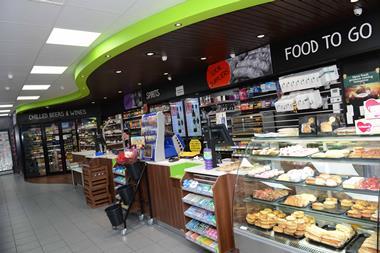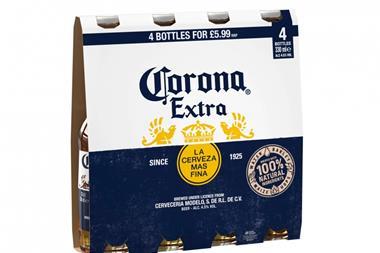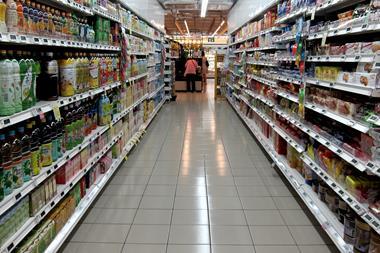Petrol price rises will lead to growth in shopping locally, predicts TWC
By Sarah Britton2022-03-10T12:41:00

The digital and data expert says c-stores will “do well” during the fuel crisis
ALREADY HAVE A REGISTERED USER ACCOUNT? PLEASE LOG IN HERE
To read the full story join the ConvenienceStore.co.uk community today!
Registration is quick and easy and provides access to:
- Unlimited ConvenienceStore.co.uk articles
- Our great range of newsletters
- Content you’ve saved for later via the ‘my library’ feature
And much more…
Related articles
-

-

-

-

Why price-marked packs will be top of mind with consumers in 2022
This content is provided by Budweiser Brewing Group UK&I
-

-

Unlocking the price-marked pack (PMP) opportunity
Paid for and content provided by Premier Foods
More from News
Unlimited Access + Newsletters
Register today to gain unlimited access to articles and to receive our great range of email newsletters.

























